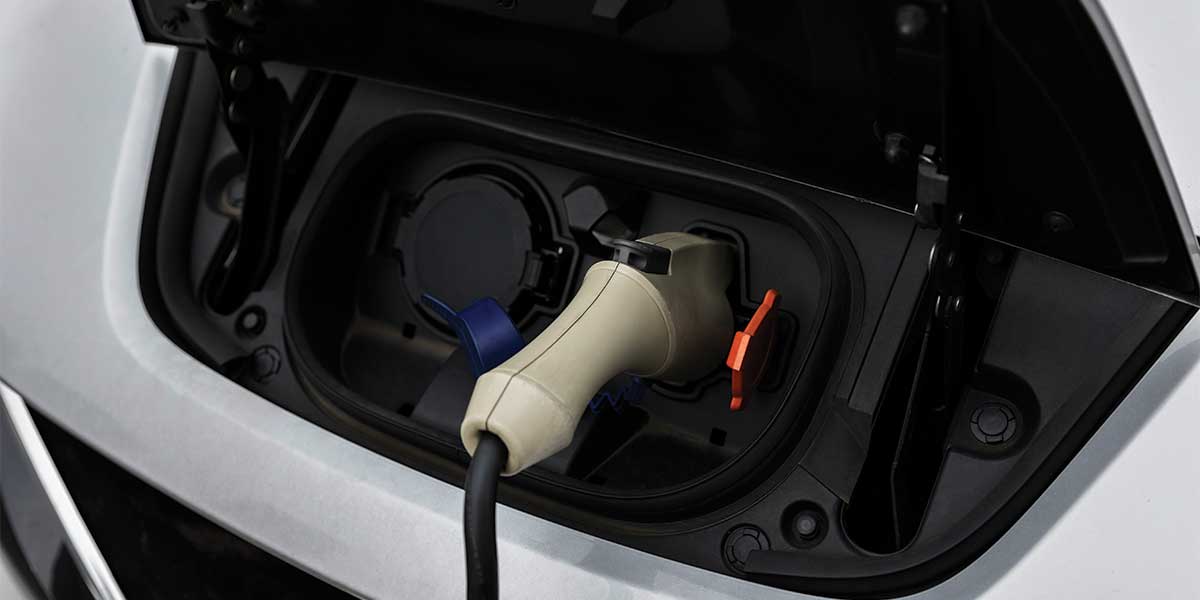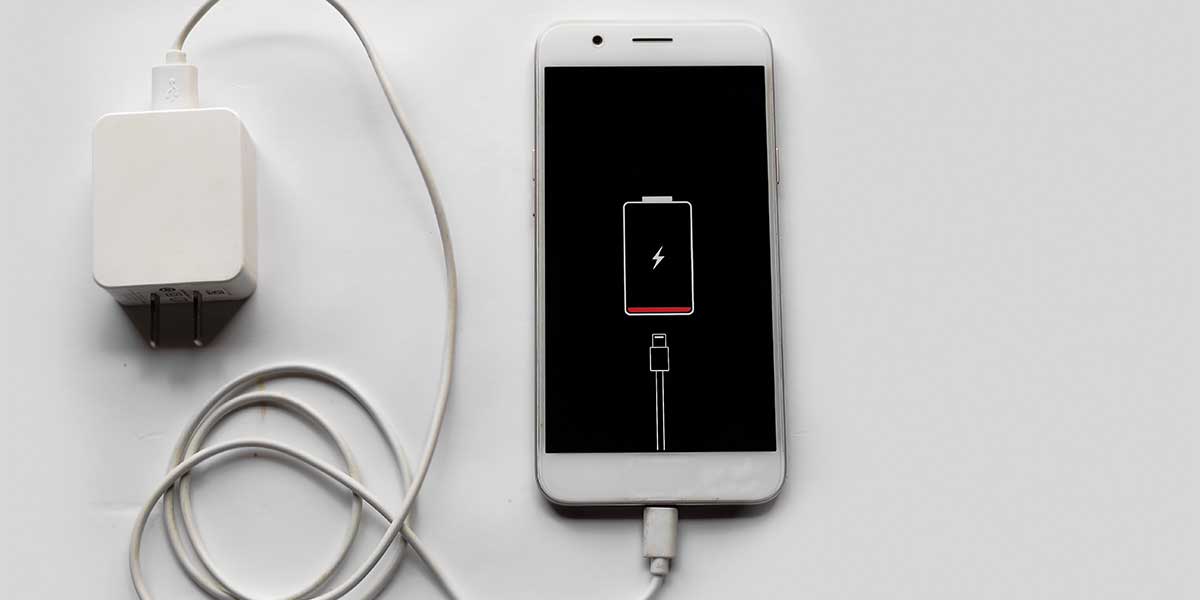The Essential Guide to Battery Safety Tips
Batteries are compact powerhouses tucked away in various corners of our homes, powering countless everyday devices. From clocks and remote controls to toys and electronic gadgets, batteries are the lifeblood that keeps these devices running smoothly. However, understanding battery safety tips is crucial to protect your household and maintain device functionality.
The Role of Batteries in Our Lives
Batteries play a pivotal role in our daily routines. They power our remote controls, keep our clocks ticking accurately, and bring our children’s toys to life. Their portability makes them an essential component of devices, enabling us to harness technology wherever we go. But despite their utility, batteries demand our respect and careful handling.
Why Battery Safety Tips Are Crucial
Neglecting battery safety tips can lead to dangerous accidents, fires, or chemical leaks. Proper battery safety tips ensure you use and dispose of batteries correctly, protect your family, and extend device lifespan. Expert Electric strongly believes in promoting electrical safety education for everyone in Vancouver and beyond.

Safe Usage of Batteries
Batteries might seem harmless, but improper use can cause harmful or even fatal outcomes. Here are practical battery safety tips for your home:
1. Clean Batteries and Contacts
Before inserting a battery, check that both the battery and the device’s contacts are clean. Dirt, corrosion, or grease can prevent a proper connection or create a dangerous current escape path. If there’s corrosion on the battery or the device’s contacts, clean them using a dry cloth or seek proper disposal if cleaning isn’t possible.
2. Ensure Correct Polarity
Always check the positive (+) and negative (-) symbols on both the battery and device match. Inserting a battery backward may sometimes still allow the device to function, but it can cause venting, short-circuiting, or battery leakage.
3. Avoid Damaging Batteries
Never puncture, crush, or expose batteries to excessive heat. Damaged batteries can leak hazardous chemicals or explode. This is especially important with lithium-ion batteries used in phones, laptops, and power tools.
4. Store Batteries Safely
Keep batteries in a cool, dry place, away from direct sunlight or heat sources. High temperatures can cause batteries to leak or burst. Store them in their original packaging or a battery storage case to prevent short circuits and accidental contact with metal objects.
Battery Disposal: Follow These Battery Safety Tips
Batteries contain hazardous chemicals and should never be thrown in household garbage. Even when they’re used up, batteries can leak dangerous substances into landfills.
Proper Disposal Methods
-
Recycle batteries at designated facilities. Many hardware stores, electronic stores like Best Buy, and office supply stores like Staples offer free battery recycling. You can also visit programs like Call2Recycle to find convenient battery recycling locations across Canada.
-
Check local disposal regulations, as some areas require special drop-off sites for certain types of batteries.
-
For rechargeable batteries, consider manufacturer take-back programs to ensure proper recycling.
Battery Safety Tips for Everyday Devices
Modern homes rely on countless battery-powered devices. Here are targeted battery safety tips for common electronics:
Mobile Devices
-
Use original chargers. Cheap or third-party chargers can cause overheating, short-circuits, or even fires.
-
Avoid overcharging. Unplug your device once it reaches 100% to extend battery life.
-
Keep away from moisture. Exposure to liquids can damage batteries and create electrical hazards.
Laptops
-
Avoid using laptops on beds or couches as they block ventilation, causing overheating and battery damage.
-
Remove batteries if using your laptop plugged in for long periods to prevent overcharging and heat build-up.
-
Keep vents clear to avoid unnecessary strain on the battery and internal components.
Electric Vehicles (EVs)
-
Regularly inspect the battery system for signs of damage, corrosion, or leaks.
-
Always use the manufacturer-recommended charger to prevent voltage issues and potential fires.
-
Never leave your EV charging unattended overnight unless using a certified charging station with auto shut-off features. Learn more about EV charging safety from BC Hydro’s Electric Vehicle Charging Safety guide.

Battery Safety Tips for Kids’ Toys
Children’s toys often use small batteries, posing risks if not handled correctly:
-
Ensure battery compartments are secured tightly to prevent accidental ingestion.
-
Teach kids not to handle batteries without adult supervision.
-
Dispose of old batteries immediately to avoid children finding and playing with them.
Expert Electric’s Professional Battery Safety Tips
On Battery Handling
Expert Electric advises against puncturing, incinerating, or disassembling batteries. These actions can cause dangerous leaks, explosions, or fires. Always use the correct type and size of battery recommended for each device.
On Battery Storage
-
Keep batteries out of reach of children and pets.
-
Do not store loose batteries together, as they can discharge by touching metal surfaces or each other.
-
For large batteries used in backup power systems, ensure proper ventilation and professional installation to prevent overheating or gas build-up.
On Battery Disposal
Expert Electric emphasizes proper battery disposal to reduce environmental harm and personal risk:
-
Use designated recycling bins for alkaline, lithium-ion, or rechargeable batteries.
-
Contact your local waste disposal service for guidelines if unsure.
FAQs
1. What is the safest way to store batteries at home?
Store batteries in their original packaging or a battery storage box in a cool, dry place, away from direct sunlight, heat sources, or moisture. Keep them out of reach of children.
2. Can batteries explode if left in devices too long?
Yes. Over time, batteries can leak or build up gas pressure, causing them to rupture or explode, especially if exposed to heat or if they are expired.
3. Is it safe to use expired batteries?
No. Expired batteries may have degraded seals or chemicals, increasing the risk of leaks, corrosion, or malfunction.
4. Why shouldn’t I use generic chargers for my devices?
Generic chargers may not regulate voltage and current effectively, risking battery overheating, swelling, or even fire.
5. Can I dispose of batteries in my household garbage?
No. Batteries contain hazardous chemicals and should be recycled at designated collection points to avoid environmental contamination.
Final Thought
Batteries are a remarkable invention, allowing us to power mobile devices, toys, vehicles, and emergency equipment efficiently. However, mishandling them can lead to dangerous accidents, health hazards, and environmental damage. Always follow proper battery safety tips to protect yourself and your household.
If you have questions about battery usage, electrical safety, or require professional electrical services in Vancouver or surrounding areas, Expert Electric is here to help.
Contact Expert Electric Today
📞 Call Us: 604-681-8338
✉️ Email Us: info@expertelectric.ca
Expert Electric. Your Go-To Licensed Electricians for Safety, Efficiency, and Peace of Mind.


